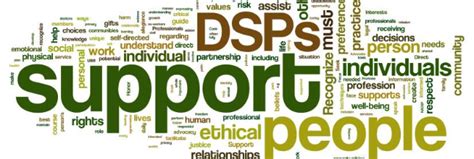Be Fully Present With People
- A
- A
- A

“Quality is defined at the point of interaction between the staff member and the individual with a disability.” — John F. Kennedy, Jr. I could not agree more with this statement and I observe this on a daily basis, at work and in my personal life.
Recently I was eating dinner with my family at a popular burger joint. We sat next to an elderly woman and a woman who appeared to be her direct support staff. The younger woman was talking loudly with someone on a video call. As we ate our dinner I could not help but notice she had no interaction with the older woman.
We finished our meals at the same time. The younger woman stood up, while still on her call, to signal it was time to leave. The older woman got her cane and slowly followed the young woman out of the restaurant. My eyes welled up when I saw the look on the older woman’s face. She looked unhappy and resigned to this type of treatment.
As we walked to our car I told my husband and kids that this is the face of the direct support crisis in America today. The direct support workforce is one of the highest demand occupations in the United States. The number of people who will need long-term supports and services is growing, while the number of working age adults is not changing. The quality of services for people with health concerns and disabilities is at risk.
So what can we do about it? We can expect better. If you are in a position to hire or train direct support staff, be clear about the expectations you have. If you are working in direct support, expect more of yourself.
- Focus on developing relationships
- Be fully present when you are with people. Put your phone down!
- Be curious! Ask questions and engage in conversation with the person you are supporting
Working in direct support is an honorable position. Let’s all work together to focus on what is important- relationships.